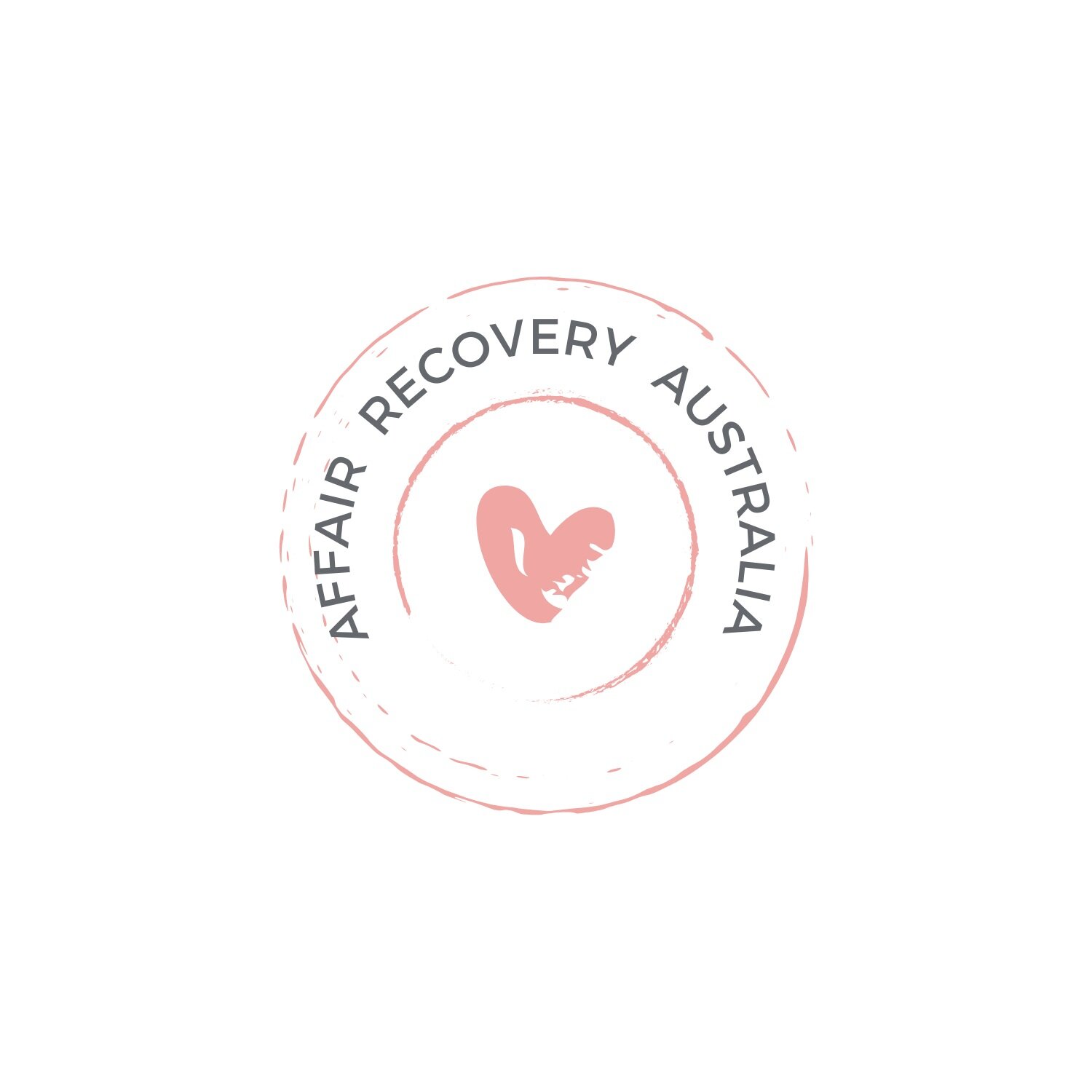Why do we need to talk about it?

Why do we need to talk about it? This is often said by the one who had the affair…can’t you just forget about it and move on?
There are a couple of perspectives on why you need to talk.
Firstly, back in 2002 Peggy Vaughan did a momentous piece of research, surveying 1083 people whose partners had had an affair and found a clear link between talking about it and the capacity to rebuild trust and relationship satisfaction after the affair. In her research she found: • Answering Questions about the affair leads to rebuilding trust o 31% of those whose partner refused to answer questions rebuilt some trust o 43% of those who discussed the situation a good bit rebuilt some trust o 72% of those whose partner answered all their questions rebuilt some trust • Discussing the affair led to a better relationship after the affair o 21% of relationships where they discussed the situation very little were better than before the affair(s) o 43% of relationships where they discussed the situation a good bit were better than before the affair(s) o 59% of relationships where they discussed the situation a lot were better than before the affair(s) • Link between answering questions and creating a better relationship o 30% of relationships where partner refused to answer questions were better than before the affair(s) o 45% of relationships where partner answered some questions were better than before the affair(s) o 65% of relationships where partner answered all questions were better than before the affair(s)
And Secondly, an observation that came to be known as the “Zeigarnik effect” - we have better recall for events that we have not completed than for those we have. John Gottman tells the story of Bluma Zeigarnik a 21 yr old psychology student back in 1922. Sitting in a Viennese cafe she noticed waiters handling large and complicated orders without ever writing them down. On interviewing them afterwards she discovered none of them could recall any of the orders they had just filled. Once they had completed the order by delivering it to a table they immediately forgot it.
“Subsequent studies have shown the power of this effect. We are almost twice as likely to recall unfinished issues compared to those we have processed or in some way put to rest”. As Gottman observes “Between lovers, arguments that end with confessions, amends and deeper understanding of one another tend to be soon forgotten, although their legacy is a stronger, more enduring relationship”. But when an incident goes unaddressed the Zeigarnik effect ensures that the hurt remains in our active memory, available to be rehashed again and again. (p35 Gottman 2012 What Makes Love Last?)
Unfortunately an affair is rarely 1 incident – it is weeks or months or even years of incidents that need to be talked about in order to be processed and put to rest. This can take some time and at the time of the processing it may feel like it is the talking about it that is causing the pain. In reality talking about it is exactly what is going to allow the pain to be put in the past and bring about a new and better future.
In addition every time the betrayer honestly answers a question a little bit more trust is created as they show they are willing to share a part of themselves for the benefit of the relationship. Allowing your vulnerability to show creates intimacy and connection. "Image courtesy of David Castillo Dominici / FreeDigitalPhotos.net".



